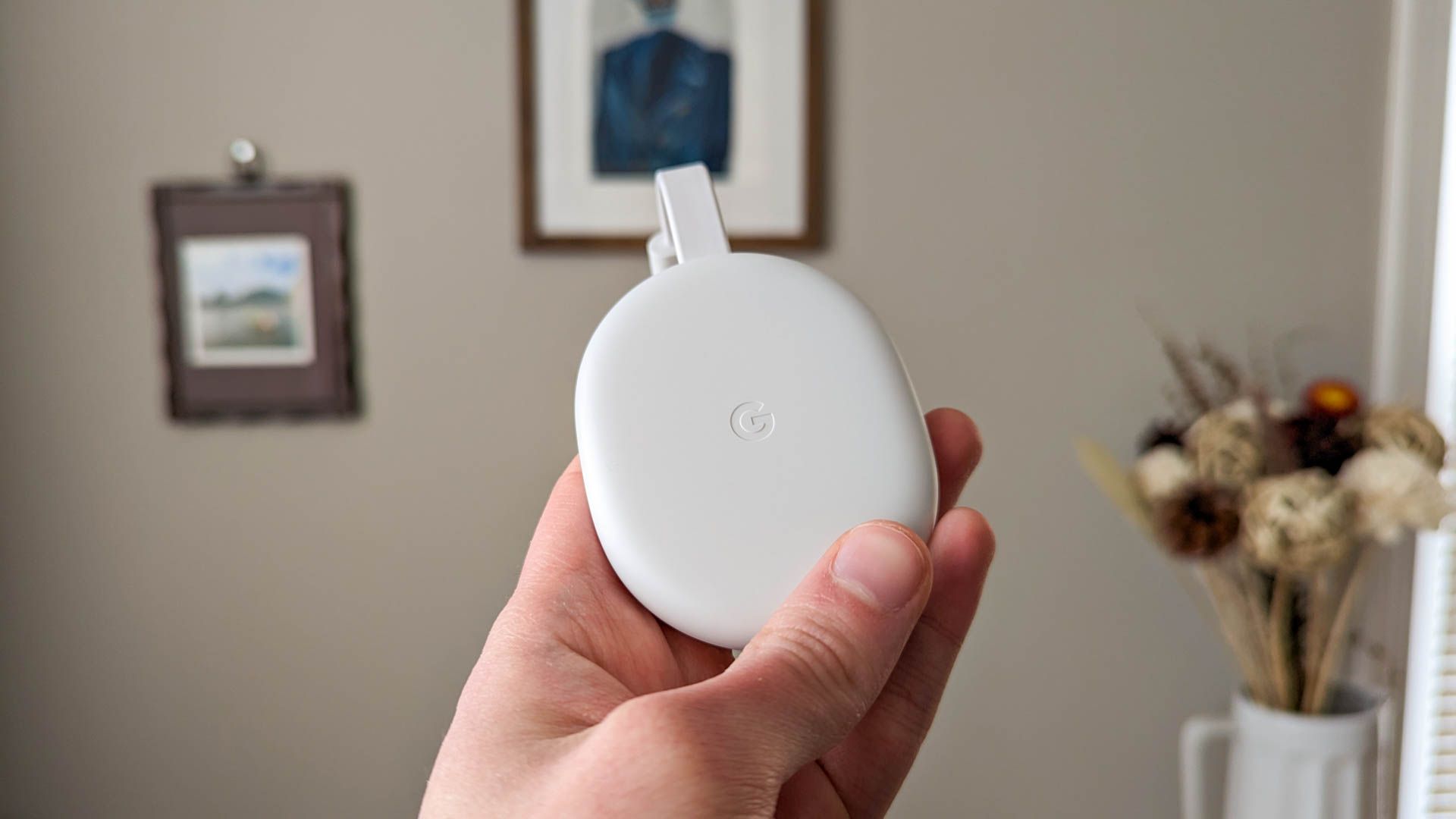When you want to stream region-locked content or out-of-market sports, a VPN service is usually the best solution. But many people assume that a VPN can only be used on a phone or computer—two devices with relatively small screens. Thankfully, this isn't true, as most streaming sticks can run popular VPN apps like NordVPN and ExpressVPN.
This Cybersecurity Awareness Week article is brought to you in association with Incogni.
Why Use a VPN on Your Streaming Stick?
A great deal of streaming content is regionally locked. The BBC iPlayer isn't available outside the UK, for example, and Netflix offers a different selection of shows and movies for each country. Sports programming is also subject to regional restrictions—you can pay to watch NFL games on Paramount+ or YouTube TV, but you're still under the thumb of blackout rules.
Regional restrictions are usually due to distribution agreements. If Netflix secures the distribution rights for a movie in Japan, it can only distribute that movie in Japan. But, as a customer in the second decade of the streaming era, regional restrictions feel ridiculous. Thankfully, you can use a VPN to skirt around the problem.
Installing a VPN on your streaming stick allows you to spoof your location and view region-locked content. You can visit a foreign version of your favorite streaming service or enjoy out-of-market games without much hassle. Simply turn on the VPN, select a server in whatever location you'd like to "visit," and start streaming.
Streaming services won't ban you for using a VPN. That said, platforms like Netflix regularly block known VPN connections. If you use a good VPN provider, it will make a serious effort to circumvent any obstacles, though you may encounter a problem occasionally. Unfortunately, using a VPN on your streaming stick won't increase your privacy in any meaningful way. You can still be identified and tracked based on the accounts that you log into. The only notable privacy benefit is that your ISP won't see your activity.
Most Streaming Sticks Support VPNs
Most streaming sticks offer native VPN support. If your streaming stick runs Amazon Fire TV, Google TV, Android TV, or Apple TV software, simply download your preferred VPN service from your device's app store and hit the ground running. This information also applies to smart TVs running the aforementioned software platforms. As always, be sure to avoid any VPN services that you don't recognize, and never trust free VPNs.
If you're a Fire TV user, you'll find the app store under the "Find" tab on your home screen. The Play Store is located in the "Apps" tab at the top of Android TV and Google TV devices. And on Apple TV, the App Store is locked into the toolbar on the home screen. Please note that Apple TV devices must run tvOS 17 or later to use VPN apps.
Oddly, Roku streaming sticks and smart TVs do not support VPNs. Some people get around this limitation by setting up their VPN at a network level—a relatively easy task that requires an expensive VPN router. From a monetary standpoint, you're better off buying a cheap Fire TV Stick or Chromecast with Google TV and using it in place of your Roku. (If you have an iPhone, iPad, or Mac, you can mirror your screen to a Roku device over AirPlay and enjoy geo-restricted content without spending extra money.)
Very Few VPN Services Have a Streaming Stick App
Very few VPNs have a dedicated streaming stick app. And many of the VPNs that are listed on the app store aren't worth your time. So, to make things easier, here are some popular VPN services that offer an app on Fire TV, Google TV, Android TV, or Apple TV.
- NordVPN (Fire TV, Google TV, Android TV)
- ExpressVPN (Fire TV, Google TV, Android TV)
- PureVPN (Fire TV, Google TV, Android TV, Apple TV)
- Proton VPN (Google TV, Android TV)
- Surfshark (Fire TV, Google TV, Android TV)
Unfortunately, native VPN support is still a new thing on Apple TV, so there aren't many well-known VPN services on the Apple TV App Store. If you want to use NordVPN, ExpressVPN, or Surfshark with your Apple TV, you must set up smart DNS routing. Note that you can skip the VPN on Apple TV by mirroring an iPhone, iPad, or Mac's screen over AirPlay.
Apple TV Users: Try Smart DNS Routing or AirPlay
Only a handful of VPN services offer a streaming app. But your preferred VPN service may allow you to set up smart DNS routing on your streaming stick. Smart DNS routing lets you spoof your location and view content outside your region. However, DNS routing doesn't provide security or privacy protections, which may be important to some people. You may also get frustrated while setting up smart DNS routing, as the process is slightly different for each VPN provider and requires some menu diving.
Because the Apple TV platform is so neglected when it comes to VPN apps, smart DNS routing will mainly benefit Apple TV users. Here are a few VPN services that allow smart DNS routing on Apple TV. These links will take you to each VPN provider's Apple TV setup guide.
If you already pay for a different VPN provider that isn't listed here, check its website for any information on smart DNS routing. And as we've mentioned throughout this article, you can skip the VPN on your Apple TV device by mirroring your iPhone, iPad, or Mac's screen over AirPlay.
